Cosmology
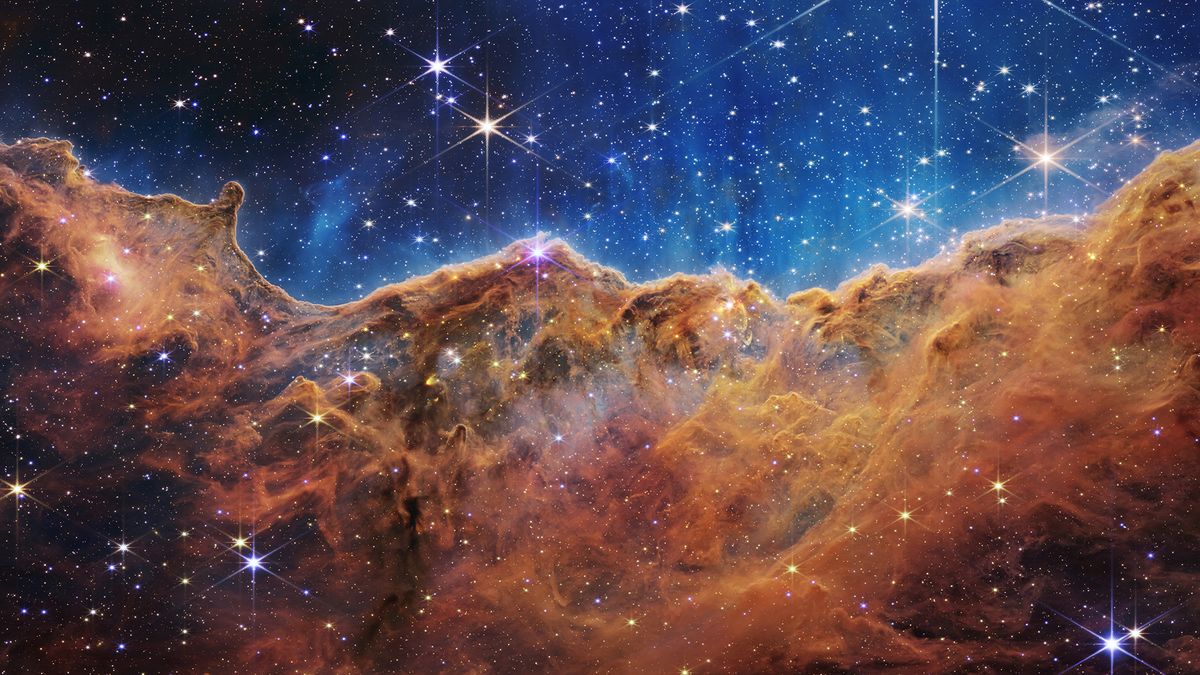
Cosmology is a branch of physics that grapples with the big questions on the nature of our universe, including where it came from and what will happen to it next. At Live Science, we make this complex and sometimes mind-bending science accessible, explaining everything from the speed of light to the multiverse theory, and describing all of the wild theories about the universe.
Our expert writers and editors also break down new developments in the field, whether it's how "Dark sirens" could solve one of the greatest mysteries in cosmology or why the launch of the Euclid space telescope is groundbreaking, with the latest cosmology news, features and articles.
Discover more about cosmology
—5 fascinating facts about the Big Bang, the theory that defines the history of the universe
—The James Webb telescope has broken cosmology. Can it be fixed?
Latest about Cosmology
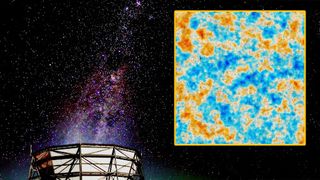
30 models of the universe proved wrong by final data from groundbreaking telescope
By Paul Sutter published
The Atacama Cosmology Telescope (ACT) in Chile has released its final batch of data after 15 years — and it proves that the Hubble tension, a rift in our understanding of the universe, is very real.

James Webb telescope may have found the first stars in the universe, new study claims
By Elizabeth Howell published
The James Webb Space Telescope may have discovered Population III stars, the universe's first generation of stars. They may tell us more about how galaxies form.
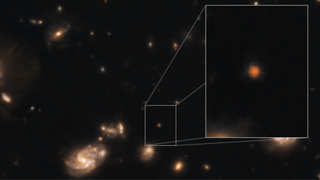
'Puzzling' object discovered by James Webb telescope may be the earliest known galaxy in the universe
By Sophie Berdugo published
While scouring images from the James Webb Space Telescope, astronomers spotted Capotauro, "one of the most puzzling discoveries" to date.
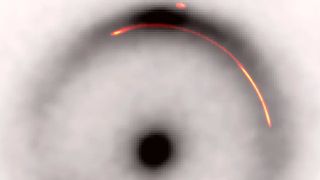
Record-breaking 'dark object' found hiding within a warped 'Einstein ring' 10 billion light-years away
By Harry Baker published
Researchers have found a suspected clump of dark matter lurking within the luminous halo of a well-known "Einstein ring." The mysterious object, the smallest of its kind ever seen, could help shed light on the universe's missing matter.
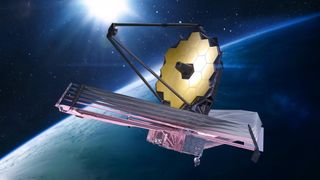
James Webb telescope could have spotted controversial 'dark stars' in the far universe
By Sophie Berdugo published
Using observations from the James Webb Space Telescope, astrophysicists have spotted what they say is compelling evidence of a new type of cosmic object called a 'dark star.'
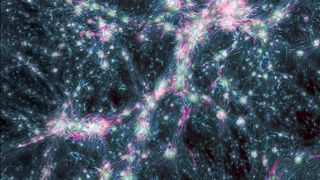
The universe's first magnetic fields were 'comparable' to the human brain — and still linger within the 'cosmic web'
By Harry Baker published
New computer simulations suggest the first magnetic fields that emerged after the Big Bang were much weaker than expected — containing the equivalent magnetic energy of a human brain.
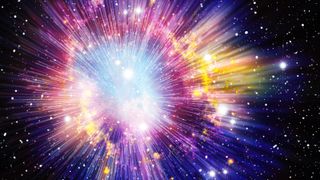
The universe may start dying in just 10 billion years, alarming new model predicts
By Harry Baker published
A surprising new paper suggests that the universe's expected lifespan is just 33 billion years, and that the cosmos will start dying in less than a third of that time. However, this is only one possible theory.
Get the world’s most fascinating discoveries delivered straight to your inbox.


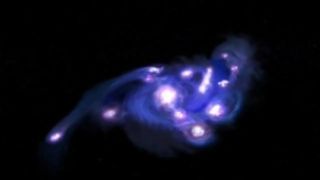
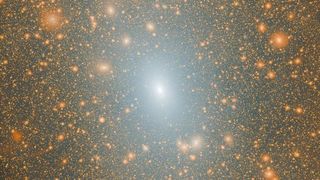
![A family portrait of galaxies from the CRISTAL survey. Red shows cold gas traced by ALMA’s [CII] observations. Blue and green represent starlight captured by the Hubble and James Webb Space Telescopes](https://cdn.mos.cms.futurecdn.net/eVukmgPN8vVBokz2SrUwMV-320-80.png)
